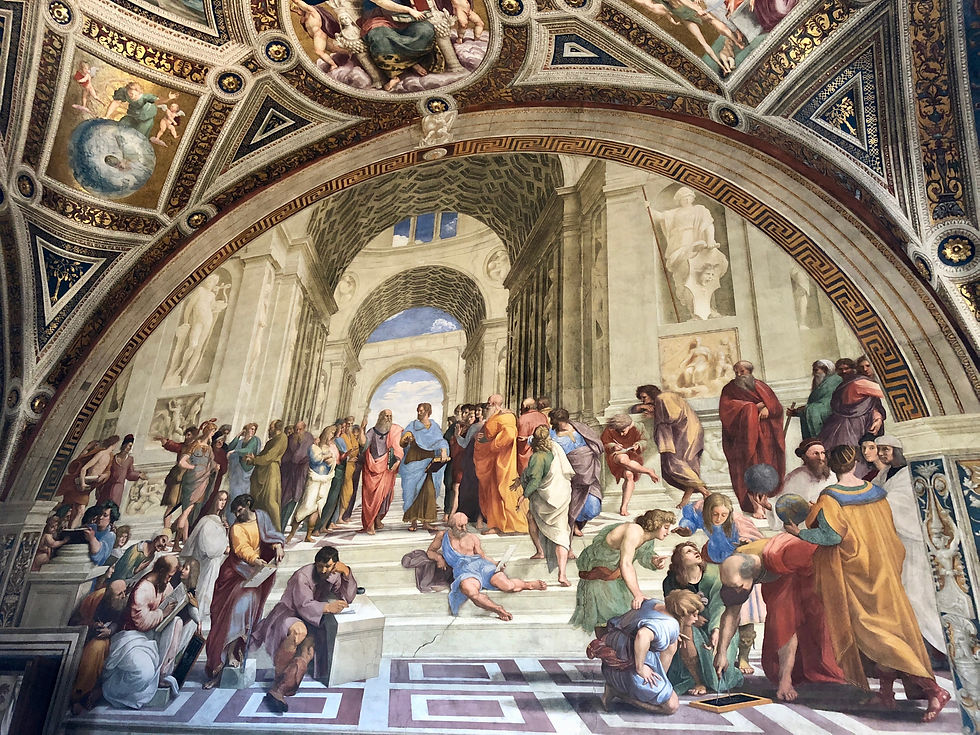
OUR MOTTO
In the 11th century, St. Anselm of Canterbury wrote Proslogion in which he constructed and described the ontological argument for God’s existence. His prolific defense of the Christian faith rings as true today as it did in Anselm’s time. However, another first principal predicates his rhetorical brilliance and reverent words concerning God’s being; Credo ut intellegam, or in English, “I believe in order to understand." Found in the first chapter of Proslogion, this is the motto of Trinity Classical Academy. It is built on the words of the prophet Isaiah found in Isaiah 7:9 and stands on the shoulders of St. Augustine. These words confess that the true, the good, and the beautiful are revealed to humanity through our faith in the redemptive and sustaining work of the Holy Trinity. At TCA, we acknowledge that it is our faith alone which cultivates a correct understanding of the created world and humanity’s unique and God-given dominion over it. We embrace this responsibility and focus on how St. Anselm’s words demonstrate God’s glory to be the ultimate end of any true educational institution. From letter formation and explicit phonics instruction in early education to an in-depth study of Kepler’s work on planetary motion in high school physics, TCA seeks an understanding of the universe and human nature that places faith as the catalyst of true understanding. With piety and humility, we daily reflect on our motto and seek to integrate the following words of St. Anselm into the culture of this institution:
“I acknowledge, Lord, and I thank you, that you have created in me this image of you so that I may remember you, think of you, and love you. Yet this image is so eroded by my vices, so clouded by the smoke of my sins, that it cannot do what it was created to do unless you renew and refashion it. I am not trying to scale your heights, Lord; my understanding is in no way equal to that. But I do long to understand your truth in some way, your truth in which my heart believes and loves. For I do not seek to understand in order to believe; I believe in order to understand.”
